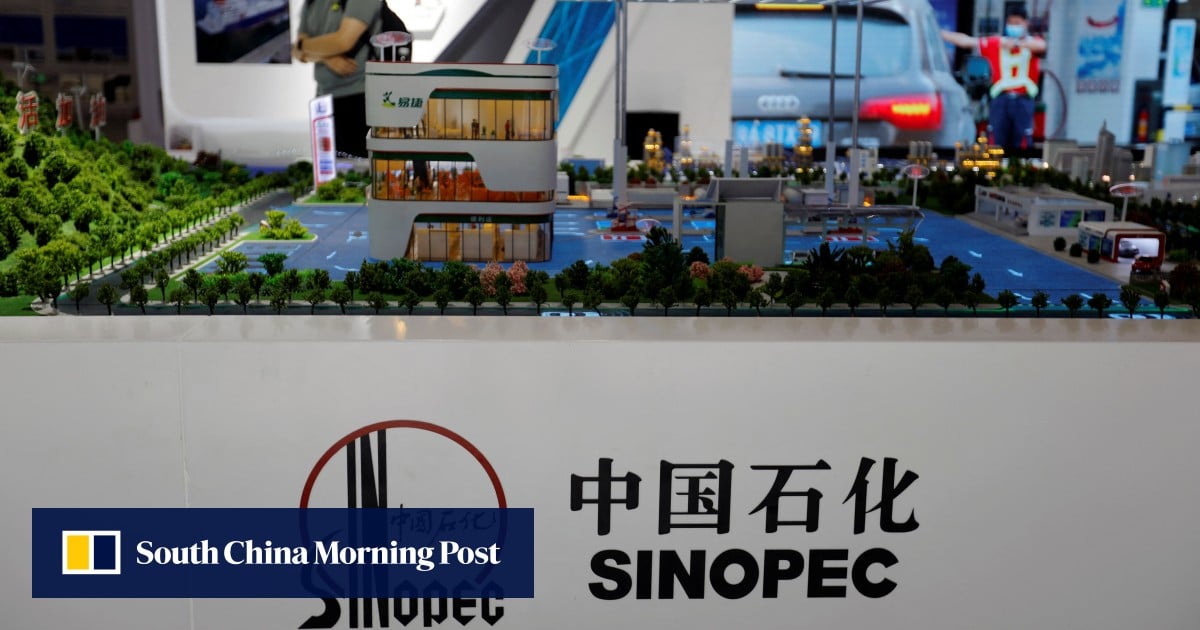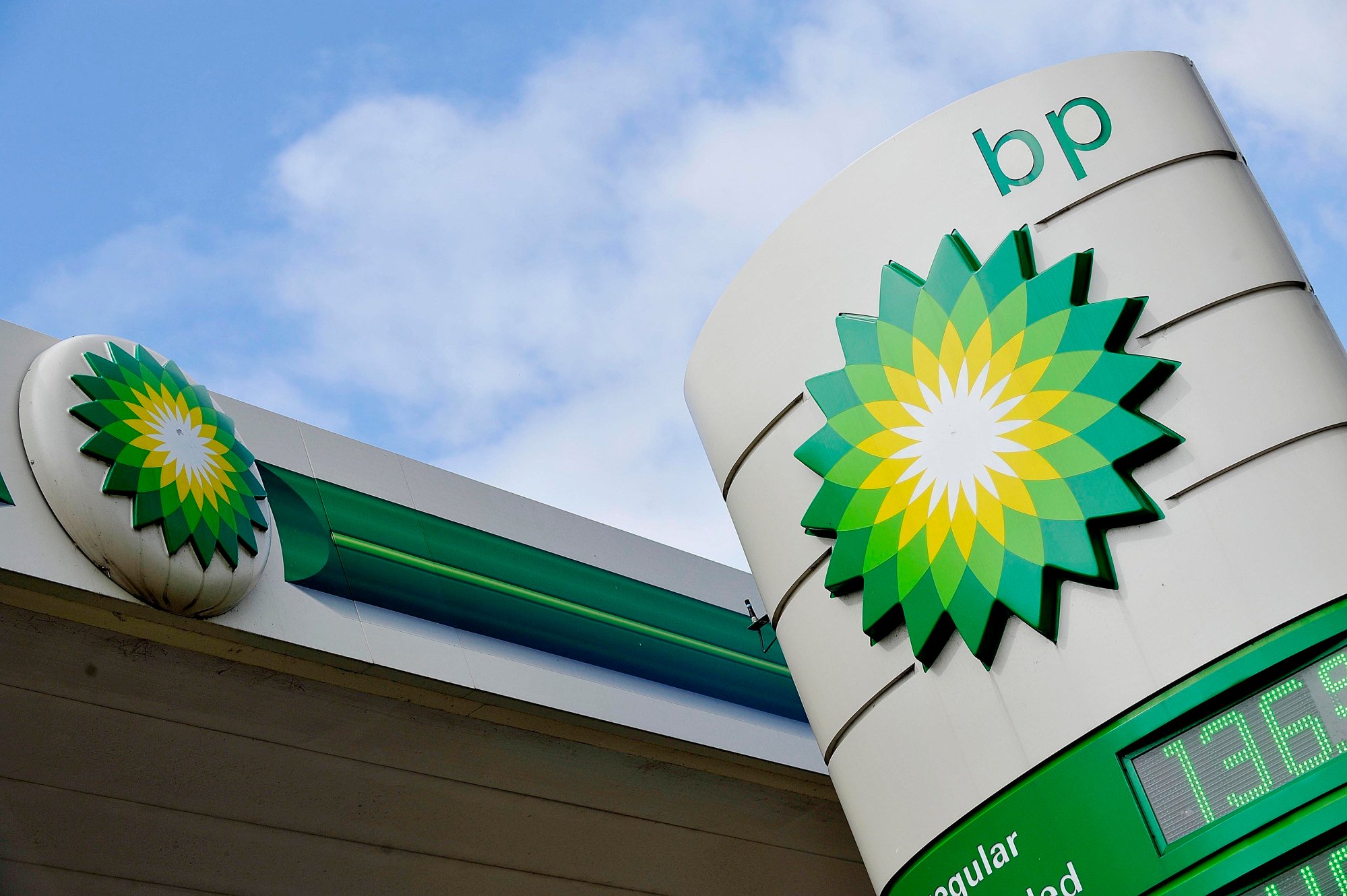
18 Jan Energy giants Sinopec and BP to strengthen ties in China, explore potential cooperation in EV charging
China Petroleum & Chemical Corporation, better known as Sinopec, has reached an initial agreement with BP to extend their strategic partnership and explore opportunities in China’s new energy sector.
The Chinese state-owned oil giant and the British multinational oil and gas company signed a memorandum of understanding at the World Economic Forum in Davos, Switzerland, on Thursday, according to separate statements from both companies.
The pair will further strengthen cooperation in areas including fuel sales, oil and gas trading, marine fuel and upstream activities.
They will also seek opportunities in the low-carbon sector and deepen their cooperation in new energy vehicles (NEVs) charging to better serve the rapidly developing NEV market in China and support the energy transition in the transport industry, according to BP.

“As both companies work towards net zero and transition to integrated energy companies, energy transition presents a number of exciting and diverse new opportunities for our strategic partnership, particularly in expanding our capabilities in mobility and convenience services,” William Lin, executive vice-president at BP, said on Thursday.
The two fossil-fuel companies hope the partnership will open new opportunities for their low-carbon development, said Zhao Dong, director and president at Sinopec.
Both Sinopec and BP have been looking to expand their share of China’s rapidly growing NEV charging market, where some 6.7 million battery electric vehicles (EVs) and 2.8 million plug-in hybrids were sold last year, representing a growth of 38 per cent year on year, according to data from the China Association of Automobile Manufacturers.
BP signed an agreement in 2019 with Chinese ride-hailing platform Didi to develop a charging joint venture.
BP currently operates more than 740 petrol stations across China through joint ventures with Sinopec and PetroChina. BP and Sinopec also set up a joint venture in Singapore in 2015 to supply bunker fuel.
Additional reporting by Reuters
